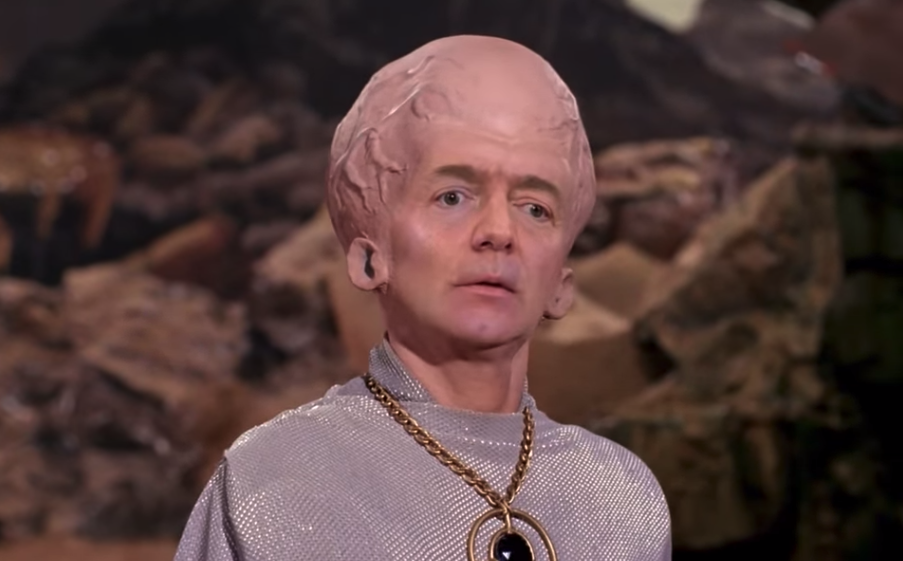The retirement of Jeff Bezos has generated enormous headlines and interest, which befits the man who grew his business to one of the biggest, and most valuable, in the world, while making himself the richest human to have lived.
Indeed, Amazon is a success in many ways that were unexpected. Bezos was himself an older, more experienced businessman when he had the idea for this online bookstore. He aggressively built an enormous empire essentially from turning a strategic disadvantage – logistics – into something that Amazon does so successfully both for itself and others.
As Scott Galloway, the famous marketing professor at NYU Stern, remarked: “He took their biggest cost centres – fulfilment, processing power, bandwidth – and turned them into enormous profit centres in the form of businesses they sold to other businesses.”
Galloway calls it “the jujitsu move of the ages”.
Indeed, it was. Before Amazon fulfilment was a cost centre that was the biggest barrier for ecommerce. But Bezos spent hundreds of billions of dollars on it when nobody wanted to spend hundreds of millions of dollars on it, Galloway says. By getting products to shoppers quicker it increased the “reward of immediacy” and “revolutionised retail”.
Bezos has certainly proved he’s adept at building a business, but spotting the new opportunities – including cloud-computing, Amazon Prime, selling Kindles for eBooks, then launching Prime music and video. Not for nothing is Amazon known as “the everything store”. Even the retail store itself got the Amazon treatment, with a food shopping store without cashiers or queues, and an array of cameras and sensors that recognise what you put into your bag and bill your Amazon account for it. I tried the first such Amazon Go store in Seattle three years ago and it worked seamlessly. Ironically, having decimated the bricks and mortar book stores, Amazon started opening its own book stores in the United States.
But by far the greatest success is Amazon Web Services (AWS), the vast cloud provider that is number one in the world. It generates 62% of Amazon’s profits but is only 12% of its business.
“The most valuable company in the world isn’t Amazon, it’s AWS,” says legendary tech journalist Kara Swisher. “Basically, Amazon is a cloud company.”
Its origin speaks volumes of how Bezos saw the success of one business and ported it to another. Having built all of its data centres for its own ecommerce portal, Amazon realised other businesses would probably need the services it could also sell through its AWS subsidiary.
Like the sources belief that he could make his digital bookstore fly, this AWS business has become the bedrock not only of Amazon’s rocketing share price, but Bezos’s wealth too.
Pointedly, the man who is taking over as CEO is Andy Jassy, who built AWS from a skunkworks project into the giant it is. There have been many comparisons with Microsoft’s founder Bill Gates, which are apt. Like Gates, Bezos is likely to be a very engaged executive chairman. Like Microsoft, the new CEO is the man who built the cloud business (Satya Nadella), which underlines the importance to both of these firms.
Bezos has been likened to other great entrepreneurs, including Gates, Steve Jobs and Elon Musk.
Galloway argues Bezos is a league of his own: “No one man in history has taken a company from zero to $1.7-trillian. No one person has established a reoccurring revenue relationship with 82% of [US] households. No one person has had a company hire half a million people in one year [during 2020].”
And, he adds: “No one person has revolutionised e-commerce, revolutionised cloud, [and] revolutionised voice.”
Jeff Bezos has certainly earned his retirement.
This article first appeared in the Daily Maverick.




